|
As I started to write this blog post, everything in the house is quiet and dark. The sky is dark and not even the birds are up yet. This has been an early to rise week! Every day I have gotten up between 4:00 and 5:30 a.m. on purpose. Why? Well, I substitute taught my daughter’s early morning seminary class twice, then I saw my son off early for his service mission assignment in Omaha, NE on Wednesday. He has to be there by 8 a.m. and it’s a two-and-a-half-hour drive. Thursday morning was jazz band and school prep. I like to take the time to plan, ponder, and pray before everything gets busy. If I take a few minutes at the beginning of the day and write down my thoughts and impressions my day goes much better. This week for our budget challenge I'd like to say I did some great money saving thing, but in reality, I was too busy to even go shopping because it is seed planting time! Although I might plant peas outside now, most of the seeds that I’m planting are for our spring plant sale. They need to be planted now, placed on heat mats and under grow lights and then spend time in the greenhouse getting bigger before they will be ready to plant outside. No worries, we are still 2 months away from prime garden planting time. I've had a busy week though. I took one day to bake oatmeal bread and cookies for school lunches and meals, but other than that we were all about fast meals. With the weather warming, I moved from hot oatmeal to granola with fruit for breakfast. I outsourced the main meals to the kids to cook. We had burritos and several kinds of pasta and Robert went the second mile and made red beans and rice from scratch in the Instant Pot. Fairly instant food is in order when the spring rush starts. I didn’t even go grocery shopping until this morning. The news cycle has been exciting this week. The stock market is having bipolar swings up and down about a thousand points each day and there is continuing worry about a possible pandemic. It’s hard not to be concerned when the news has a new historic something to report on every night. I like history. When I’m planting seeds, I often have some historical documentary playing in the background. This week I watched one on the stock market crash of 1929 and another on the Spanish flu of 1918. It's good to have some historical perspective. They seriously did not know how to quarantine or wash anything in 1918 so they had way bigger problems than a hand sanitizer shortage. Gordon B. Hinckley was a child of the Great Depression. When he graduated university, unemployment was 33 percent. He saw the financial turmoil, bankruptcies and knew the suffering that was part of that experience. He didn’t want us to repeat those hard times again and offered the following warning in 1998: "So many of our people are living on the very edge of their incomes. In fact, some are living on borrowings. We have witnessed in recent weeks wide and fearsome swings in the markets of the world. The economy is a fragile thing. A stumble in the economy in Jakarta or Moscow can immediately affect the entire world. It can eventually reach down to each of us as individuals. There is a portent of stormy weather ahead to which we had better give heed." Yes, it does look stormy again, and more frequently. Excessive debt is a big part of our nation’s financial fragility then and now. It is good counsel to be thrifty, stay out of debt, and save a little. Dave Ramsey calls his get out of debt and stay out of debt financial advice, the same advice your grandma would give you. He and other financial experts and your grandma all know that debt is not the path to prosperity. Albert Einstein is attributed with saying it this way: ‘Compound interest is the eighth wonder of the world. He who understands it, earns it ... he who doesn't ... pays it.’ Speaking of investments with high yielding potential...Let's think about the garden! We planted peas today. It might be too early, but the weather was so nice, and the seeds were a little old, and the kids really needed an outside job to do, so it was worth a small risk. We'll see what happens. How can a garden be such an important part of a diversified investment portfolio? I'll tell you! Ezra Taft Benson was a farm boy from Idaho born in 1899 who became the U.S. Secretary of Agriculture during the Eisenhower administration. He saw firsthand the suffering and hunger in Europe after WWII. He saw people loading up with anything they thought was valuable in the mornings to take trains to the country to try to buy food. He said they were willing to do almost anything to get food. He reminded us that: "There are blessings in being close to the soil, in raising your own food even if it is only a garden in your yard and a fruit tree or two. Those families will be fortunate who... have an adequate supply of food because of their foresight and ability to produce their own." It's not just old fashioned advice from people who lived through big troubles. Having a garden really does help. It’s an investment. Fruit trees and berry bushes and vines take years to grow and produce, but they have a small purchase price compared to the fruit I can harvest over time if I put in the small amount of work into planting and caring for them. Unlike the stock market, my garden is not subject to the same volatile market swings. Not all our garden investments have turned out. We have had bear markets and recessions too. More like vole markets that caused a huge downturn in yields. But on the whole, we get better harvest every year. We eat as much of the harvest as we like fresh and then preserve the rest. Fresh berries may go on sale in the store, but when they are grown in my garden, they are almost free. I do have to watch out for birds and other pests, but it is much easier than hoping they get shipped from California and end up on sale when I need them. We turned most of the strawberries last year into freezer jam which we are still enjoying now 9 months later. Those are some sweet investment yields! Just like other investments that earn interest, gardening takes time and consistent learning, and endurance during downturns (pests, hail, etc...) We have learned lots of different methods and strategies over the years to improve our harvests. Equipment to dehydrate, freeze, and can food have been bought a little at a time as we could afford it over the years. You could not go out and learn all you needed to learn about gardening in one season, and it would be prohibitively expensive to buy all the things you need to preserve food all at once. You would get burned out, something wouldn’t grow well, and you might surmise that it is better to just buy everything at the store where you can get pretty much anything you want. I know this. Our first tomato after the purchase of a shovel and hose cost us $50! But shovels do last a long time, and we grew lots more tomatoes after that and the shovel and hose were helpful in many other projects too. Here is my two cents of advice adjusted for inflation in 2020. Start small. Start with something you like to eat. Start with something that might be expensive in the stores or a variety that isn’t widely available like a unique tasty tomato. Start with something that grows well in your area. Plant a variety of things so that if one thing doesn't work out others will. Talk to someone who gardens and ask questions. Plant people are nice people. They will help. Join a Facebook group on gardening, or sign up for a community garden spot and talk to other gardeners. They know what grows well and what doesn’t and they can help. Little successes will encourage a next step and you will feel better knowing you have provided some of your own food. It is a feeling of security. Food security is defined as the state of having reliable access to a sufficient quantity of affordable, nutritious food. Stores operate on a just in time principle. That means they order when it gets bought. That way they don't have to keep large stockrooms anymore. This is all very efficient, but it also means they can quickly clear out in a panic. Prices go up and down according to availability. Growing a little of your own is a good way to diversify the food portfolio. Safe in my freezer and store room the food we grow is not subject to market swings, panics and price changes. That is real food security! This weeks small garden investments were cleaning out some of the garden beds and planting peas radishes, winter kale and spinach chard. Steven dug out the raspberry beds that got phytophthora root rot and prepared them for flowers this summer. (I'm working up to a cut flower garden this year.) I potted up the strawberries for our spring plant sale and planted lots of tomato and pepper seeds as well. Steven also pruned the grapes, raspberries, and blackberries and put sulfur down on the blueberries to acidify the soil. We bought the stuff to finish the in-the-garden-greenhouse and the blackberry trellis. It's a little work now, but it will be a whole lot of delicious flavor in just a few months. Everyone ought to have a garden! The earlier you start the more time you have for your investments to grow! The early bird gets the worm. Early to bed early to rise makes a man healthy wealthy and wise. Idioms and rhymes help us learn. Here's one for today since I have been up and going since before daybreak and the sun has now set. If its been a tough week for you, hang in there. The sun will rise again soon and things always look better at sunrise.
A noble heart, like the sun, showeth its greatest countenance in its lowest estate. —Sir Philip Sidney |
Archives
April 2022
Categories
All
|
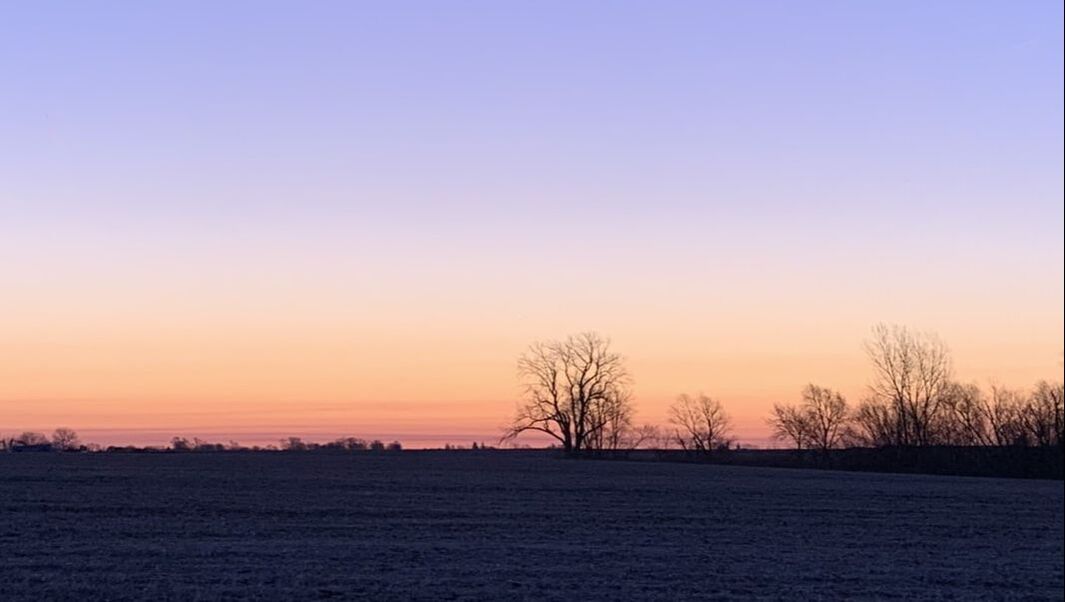

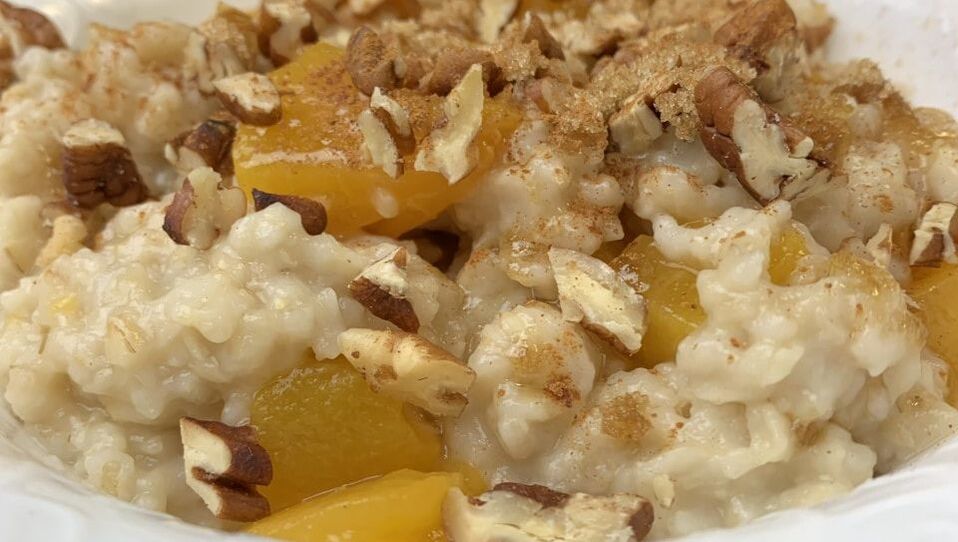
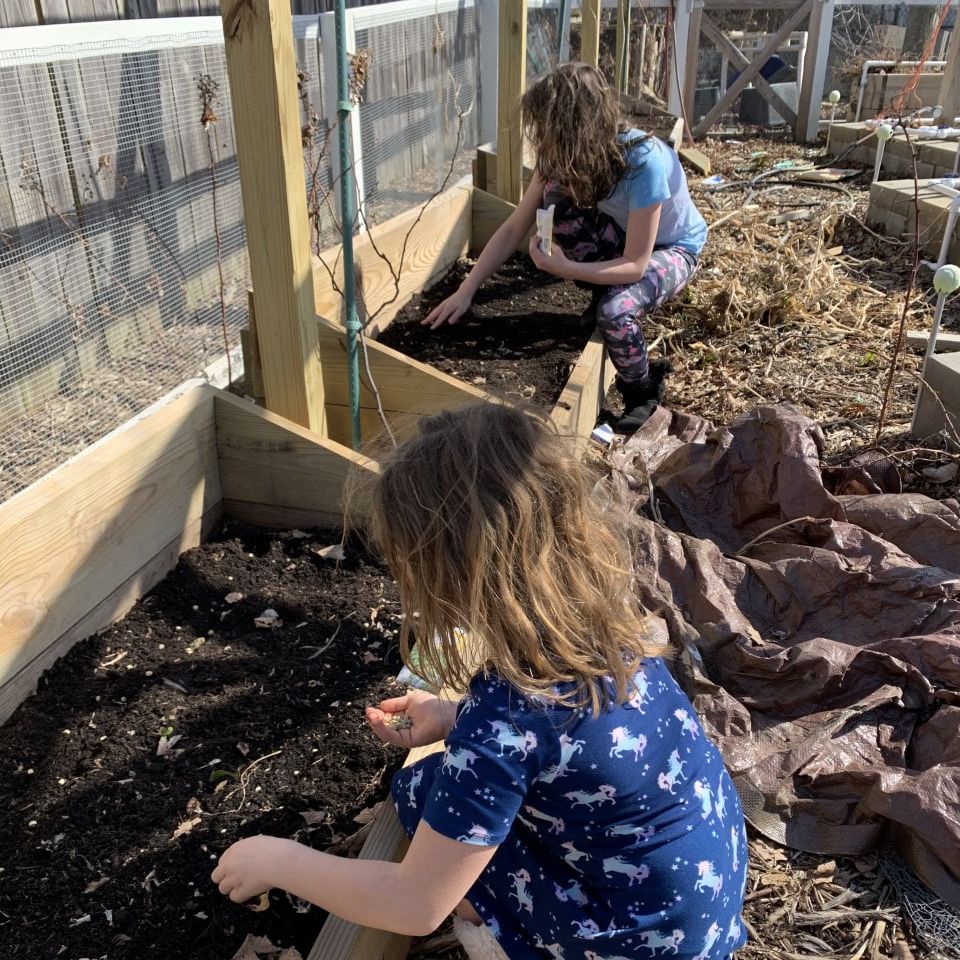
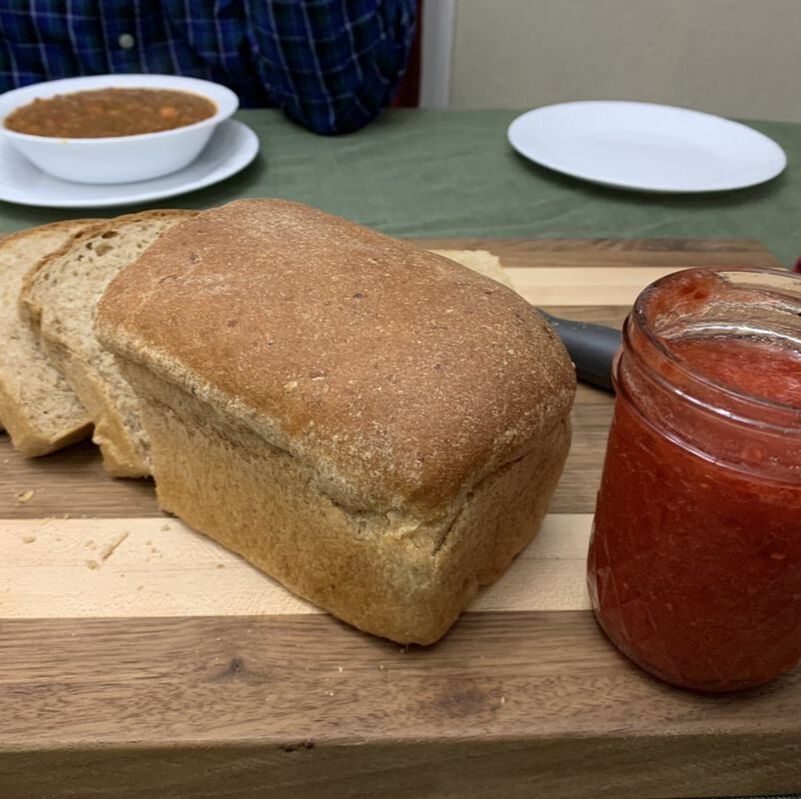
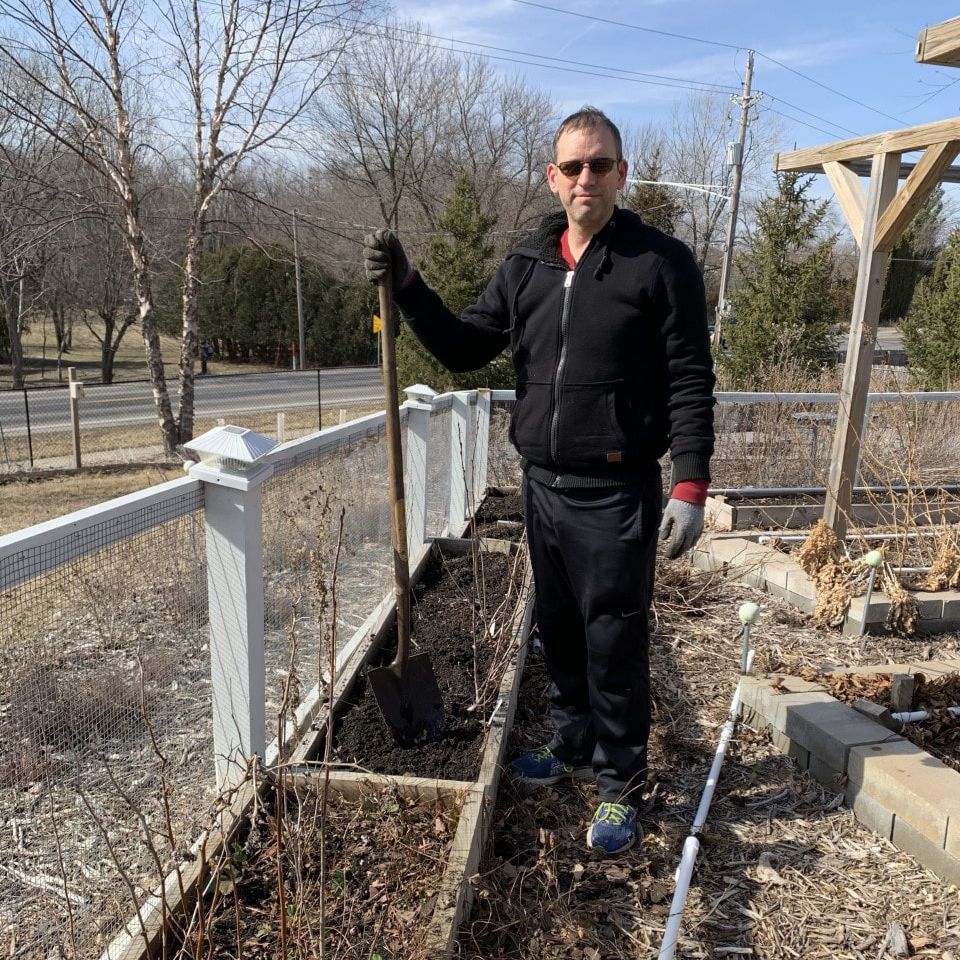
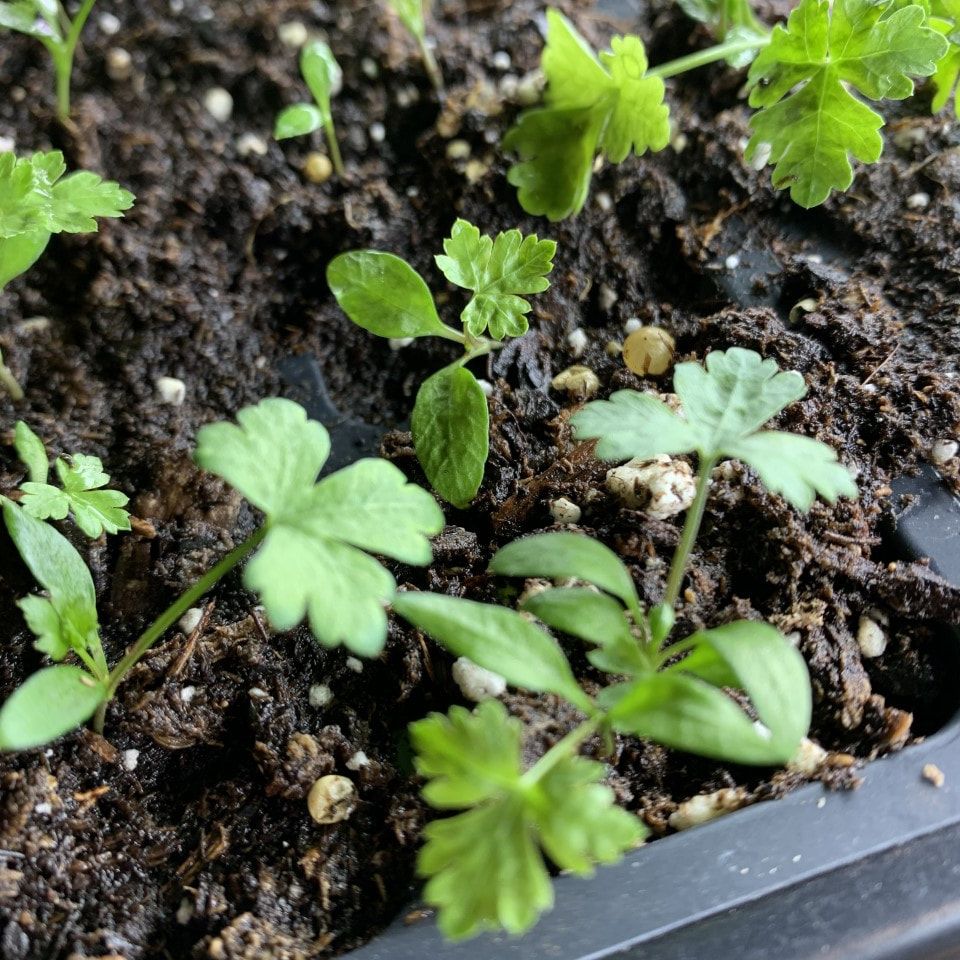
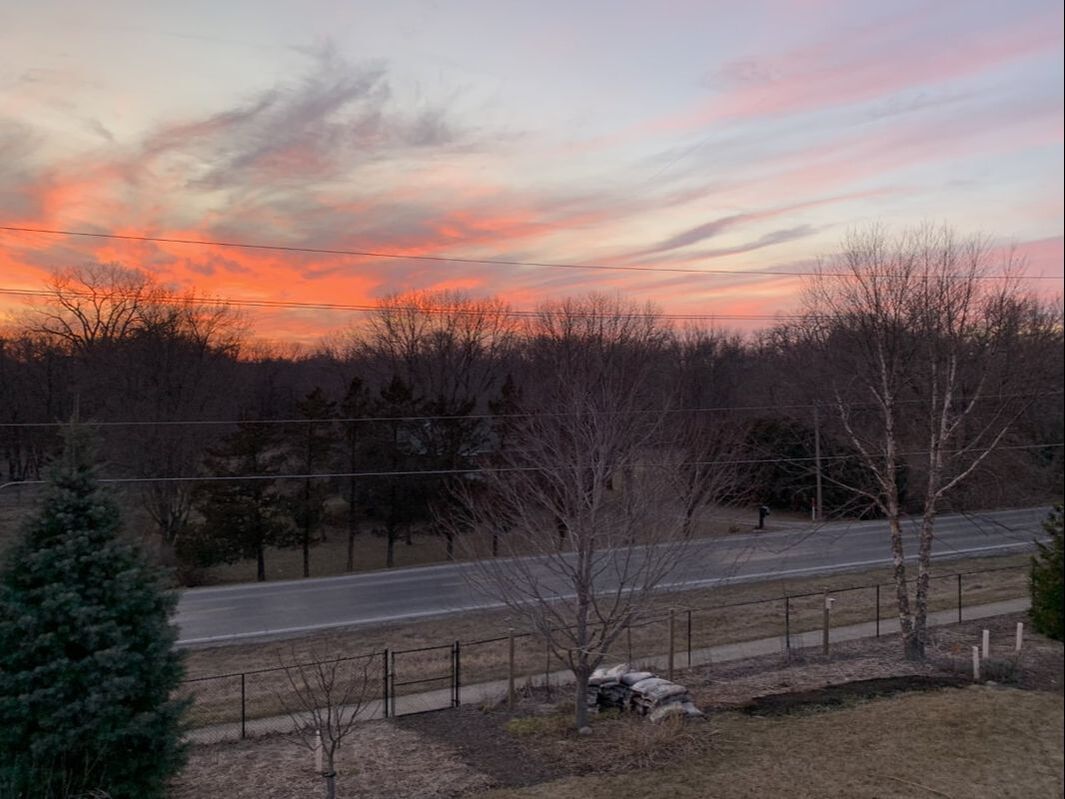
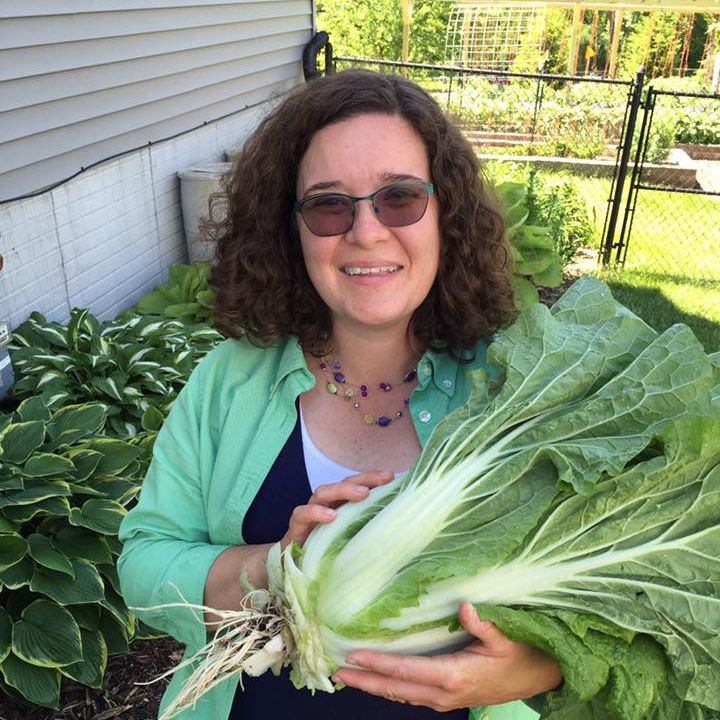
 RSS Feed
RSS Feed